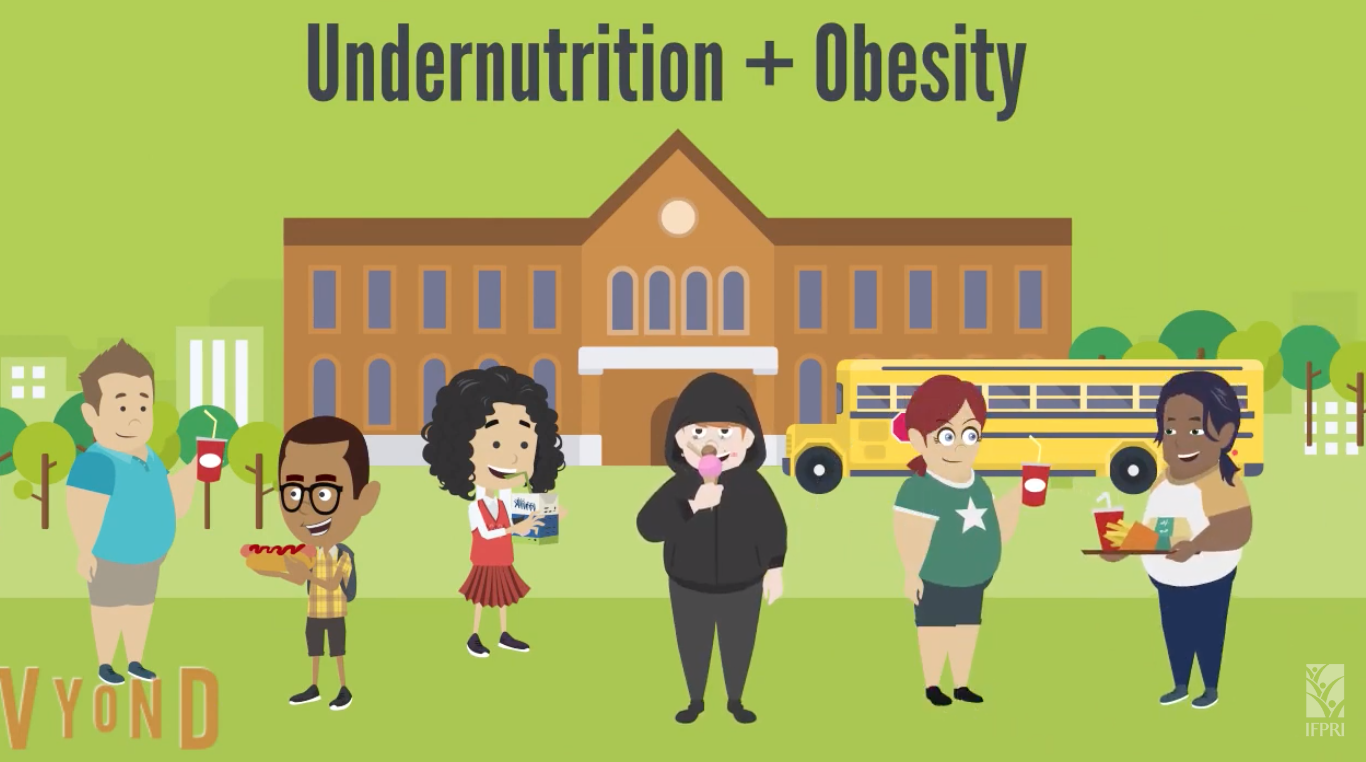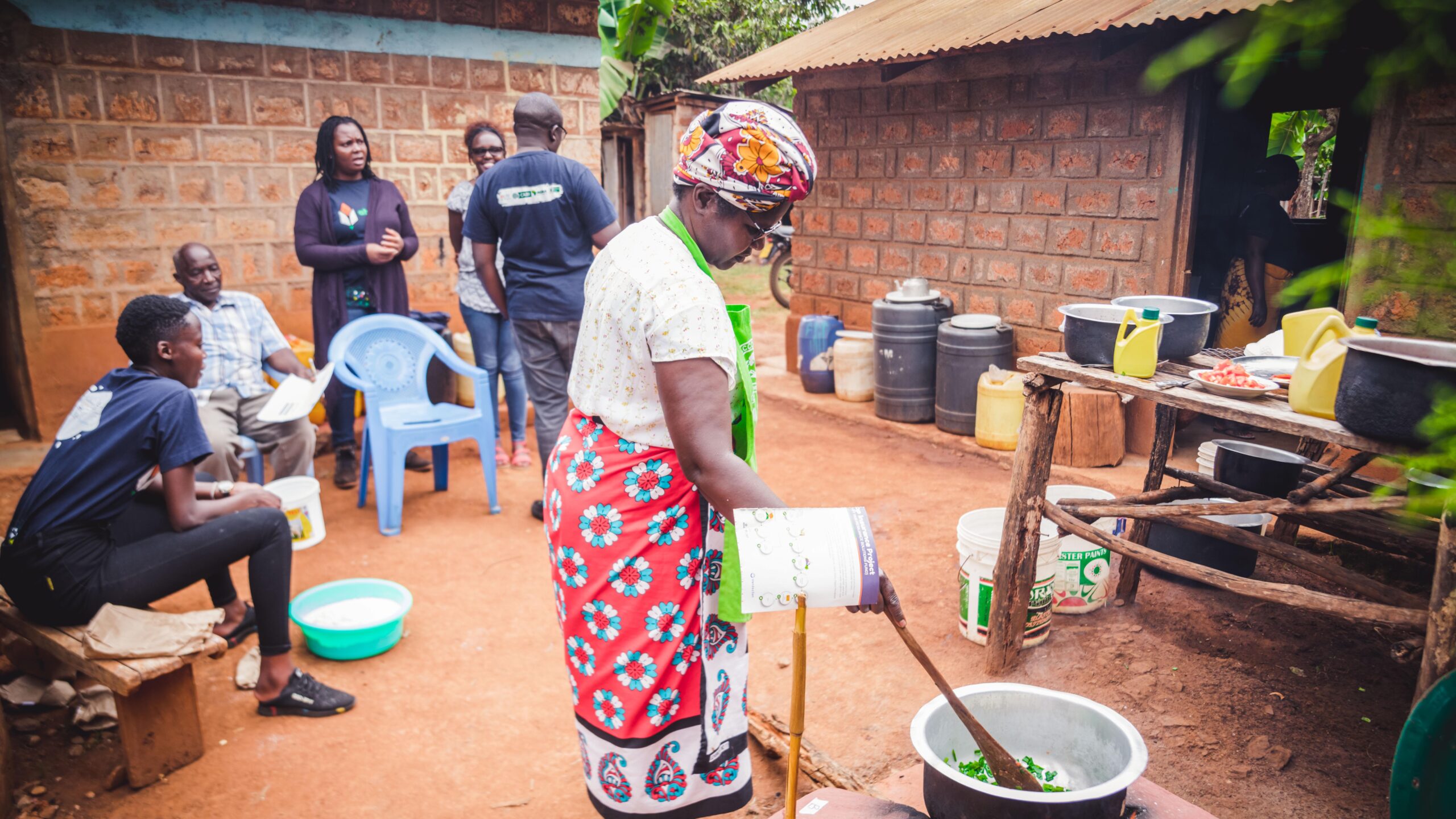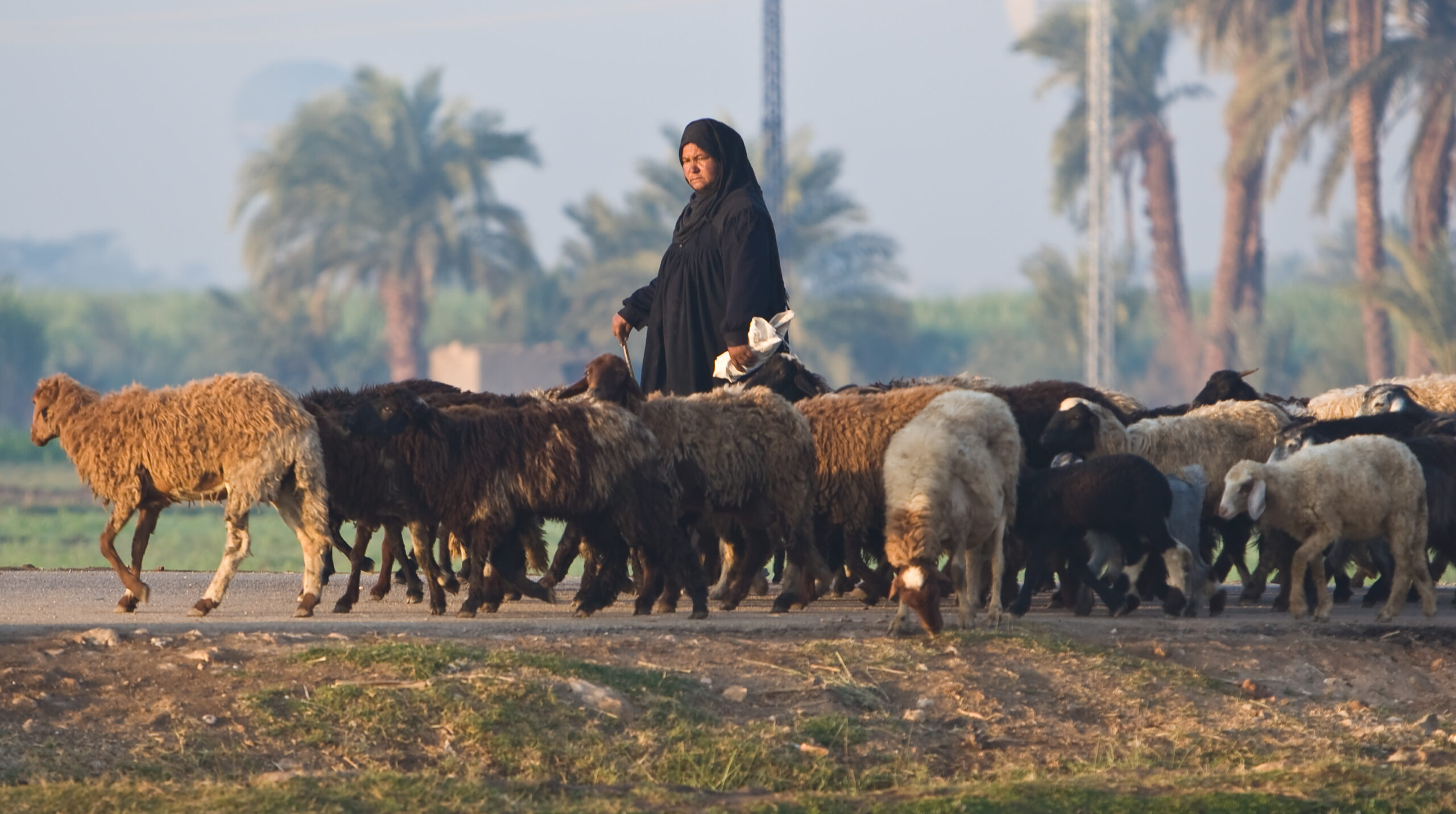First in a series of guest posts by winners of IFPRI’s My Food, Our Future short video contest for young people. Read the second here.
In Mexico and other developing countries, hunger and the double burden of malnutrition are severe public health problems. In 2018, the lack of food affected about 25.5 million people in Mexico; food insecurity is linked to low academic results, poor conduct, and difficulties with mental health in young people.
Yet adolescence is also a period of rapid personal evolution and a key window of opportunity to change and modify lifestyle habits. As part of our thesis in the nutrition program at the University of Monterrey, our advisor Ana Carla Cepeda gave us the idea of implementing a school garden and a healthy cooking program specifically targeting adolescents as a strategy for addressing this problem.
As nutrition students, we are deeply concerned about health problems related to food insecurity and malnutrition, since these are ubiquitous in developing countries like Mexico. Last semester, we investigated the double burden of malnutrition and how our program could provide tools to solve this problem.
The double burden is the coexistence of undernutrition—including stunting (low height for age), wasting, and micronutrient deficiency—with overnutrition, including overweight, obesity, and related non-communicable diseases such as diabetes. The high consumption of sugary soft drinks, processed foods, and fast foods, together with low consumption of nutrient-rich foods such as fruits, vegetables, and legumes are the main causes of this public health issue.
We believe that a practical/theoretical approach consisting of school gardens and healthy cooking workshops is a great strategy to combat obesity, modify eating patterns, and increase the consumption of fruits, vegetables, and fiber, addressing nutrient deficiencies.
We worked with a multidisciplinary team, including a master´s student in education, a garden expert, and doctors to come up with the most complete and practical program that could easily be replicated in different schools around the world. We are certain that this program can have a sustainable impact in low-income communities by providing better access to healthy foods.
This program was implemented in one school near our university where our advisor knew the director. A total of 114 students aged 10-14 took four gardening and four cooking workshops. We talked to them about the importance of gut health and the microbiome in our intestine; how to create meals with plenty of plant-based proteins with foods that they have at home, the importance of using correct cooking techniques to get all the nutrients out of foods, the characteristics of soluble fiber, and how to make healthy recipes with basic Mexican foods. In the garden, they planted carrots, beets, radishes, coriander, and other vegetables.
We are passionate in the belief that everyone should have access to healthy foods and information about how to maintain a healthy lifestyle and eating habits. Our four and half years of studies have convinced us that multiple diseases can be avoided by simply having an active life and healthy food consumption.
We worked on this program since summer 2019, and when our advisor told us about IFPRI’s video competition, it motivated us to participate since our project was so closely related to the theme of this short film contest. We were very enthusiastic about participating, since we strongly believe that teaching adolescents how to grow their own food and how to cook healthy dishes with it will positively affect their health.
When we heard we had won in the youth category of the contest, we were very excited, since this means our project can reach many places all around the world, and we hope it will inspire other nutrition students to create programs like ours to fight the double burden of malnutrition.
Alicia Mattenberger Cantú, Claudia Eugenia García Quintanilla, Mariana Fernanda Cortés Bustamante, and Frida Garza Mendiolea are students in the nutrition program at the University of Monterrey, Mexico.







